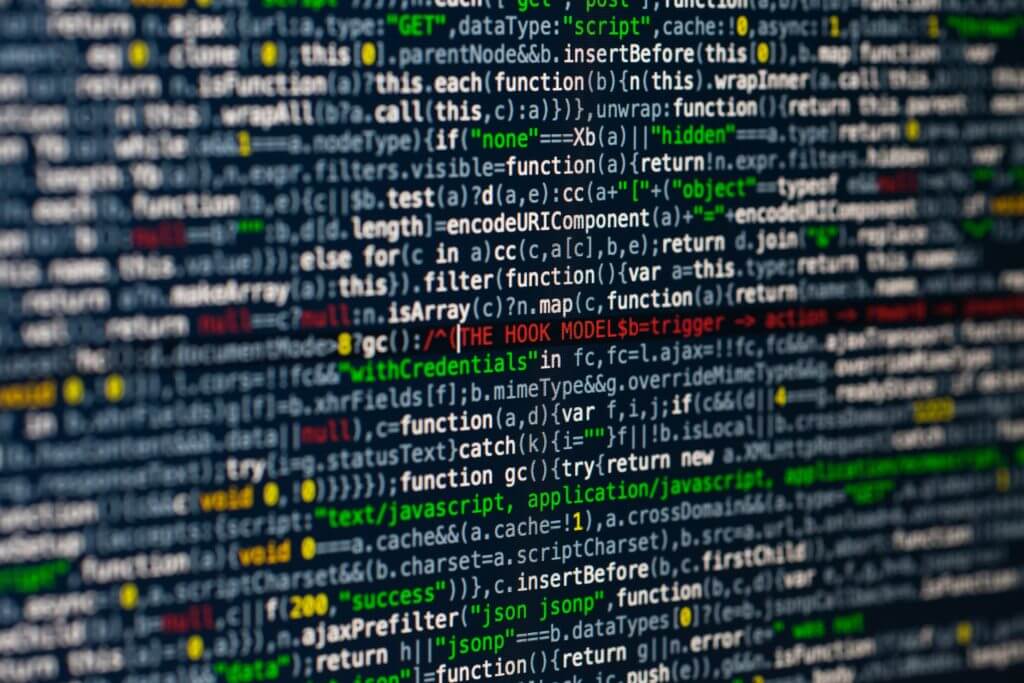Data has been described many times as “the new oil” but this statement doesn’t do it justice. Oil (like other fossil fuels) is a dirty resource that society is generally turning away from as sources of it dry up and become harder to find. Data, however, seems to be increasing exponentially and this increase shows no signs of slowing down. Not only is data easy to generate and doesn’t require large ships to transport, but it can also be reused for different purposes and data itself can in turn generate new data. Even old data can be put to new use.
Artificial intelligence (AI) is data-hungry, the more data you have the more the AI learns. The challenge is finding and turning this data into a machine learning tool.
AI is of increasing importance in order to analyse all this data that is being created. With AI and big data the healthcare industry can improve the detection of disease, learning about patients and the quality of services it offers. Researchers have also been using this combination of data and AI in order to reduce long drug development times. Researchers are also now able to collect huge amounts of patient data, thanks to the availability of wearable medical devices and smartphones, as data can be generated and gathered round the clock without any interference in the wearers’ day-to-day lives.
A recent development from the collaboration of AI and big data is the creation of a drug by AI. A team from the Flinders University in Australia carried out this feat by using an AI tool called Smart Algorithms for Medical Discovery (SAM). SAM was trained on a massive set of chemical compounds, some of which are known to enhance the body’s immune response and some of which do not. The team also developed another programme that generated trillions of new compounds. From these new compounds, SAM selected those which might have a beneficial effect on the immune system. The team synthesized prototype compounds from these compounds and tested them on human blood cells. Using this approach, researchers were able to demonstrate that SAM is excellent at discovering compounds that strengthen the immune system.
AI and big data have also been used to forecast how an epidemic will spread, it is hoped that these predictions can help public health officials identify the areas that need help the most. This is becoming of increasing importance with how quickly diseases can spread in today’s world of cheap air travel, as can be seen with the current threat from the Coronavirus.
AI is a tool, and like all tools, it needs to be used correctly in order to fulfil the potential hidden in all of this data. Used correctly it can lead to advances all across the healthcare industry. The future of big data and AI can perhaps lead us to better personalization of medicines, quicker developments and who knows what else? Perhaps an AI personal assistant who knows your health better than you do?
#AI #BigData #lucidquest #followthepatient #healthtech #pharmaceutical
Sources:
